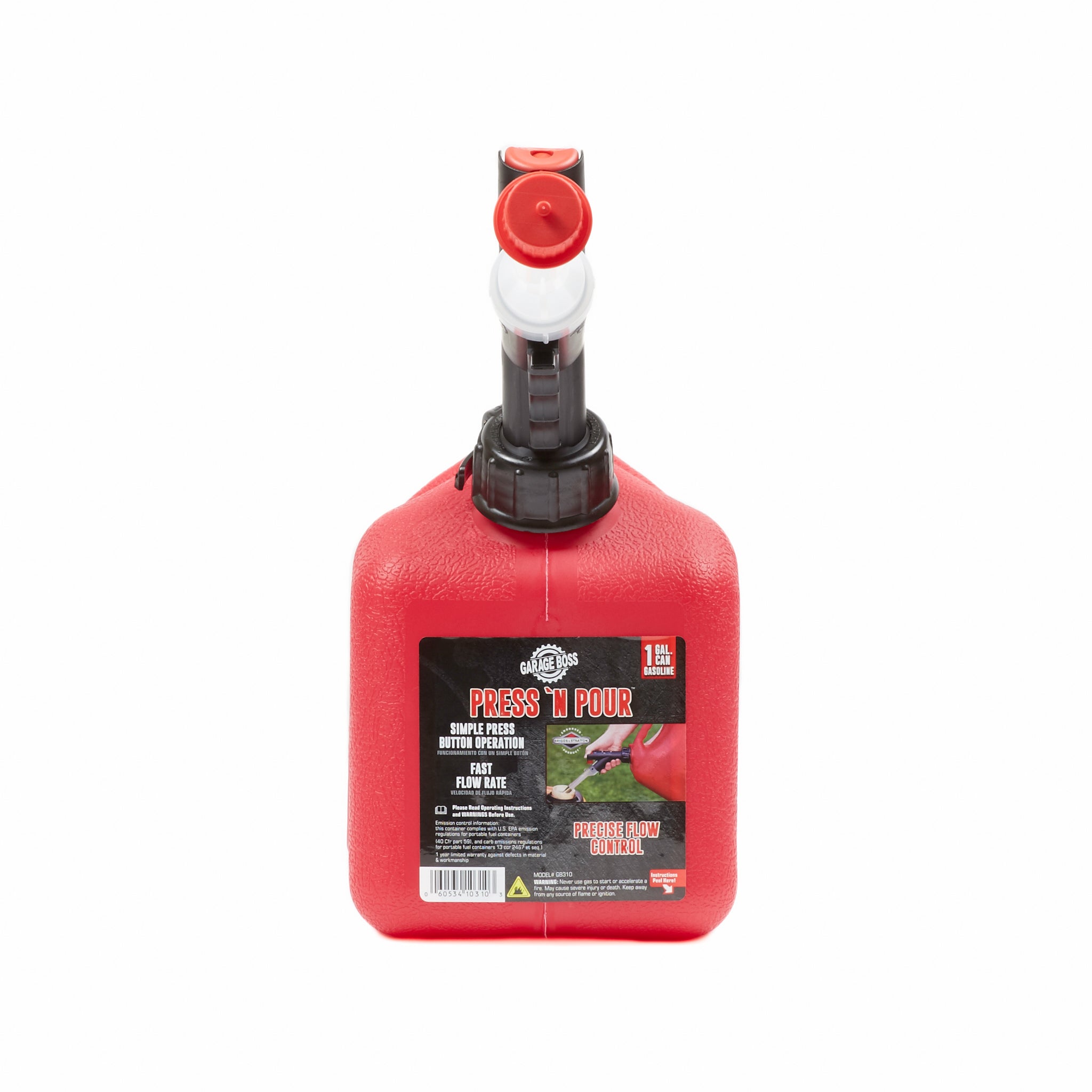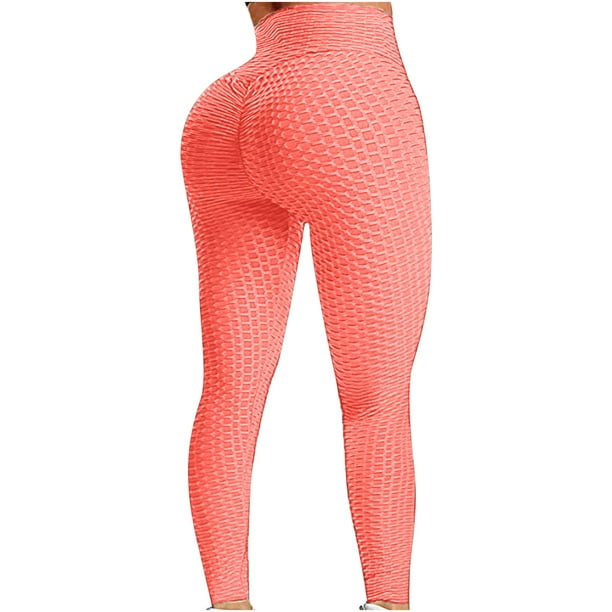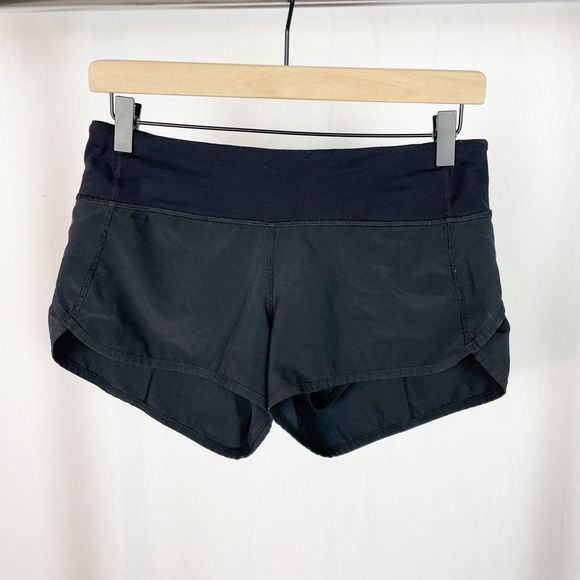Guillain-Barré and Alpha-gal Syndromes: Saccharides-induced Immune Responses
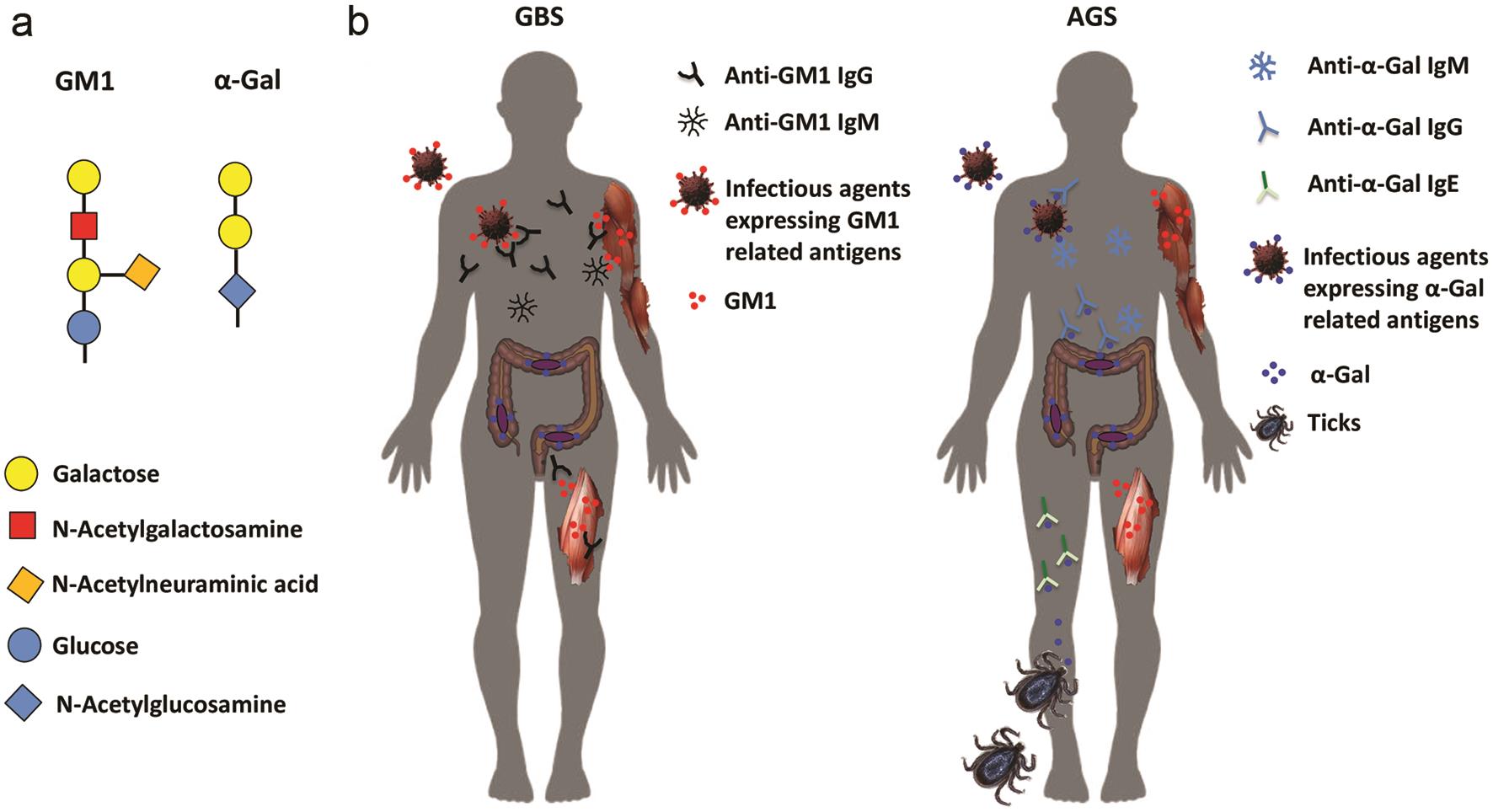
The molecular interactions between hosts, vectors and pathogens drive the etiology of infectious diseases. At first sight, the Guillain-Barré and Alpha-Gal syndromes have quite different etiologies but, as proposed here, a closer look into the immune response to galactose-containing oligosaccharide structures that characterizes these two diseases reveals striking commonalities. In this Opinion paper, we address the main molecular drivers of two apparently unrelated diseases, and how the characterization of the immune response and immunological tolerance would advance the control and prevention of these diseases.

Iván PACHECO, PhD Student, University of Castilla-La Mancha, Ciudad Real, Sanidad y Biotecnología (SaBio)

Iván PACHECO, PhD Student, University of Castilla-La Mancha, Ciudad Real, Sanidad y Biotecnología (SaBio)

Quantitative proteomics reveals Piccolo as a candidate serological correlate of recovery from Guillain-Barré syndrome
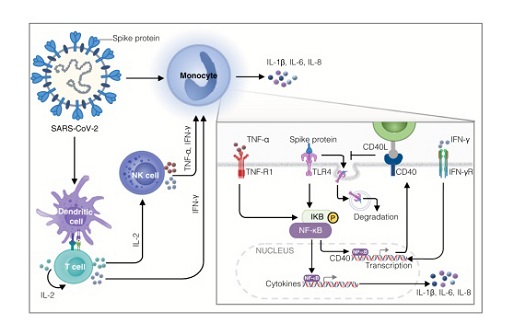
COVID-19 News: Study Unravels The Mechanism Of Cytokine Release Syndrome Induced By SARS-CoV-2 Spike Protein - Thailand Medical News
Guillain-Barré and Alpha-gal Syndromes: Saccharides-induced Immune Responses

Iván PACHECO, PhD Student, University of Castilla-La Mancha, Ciudad Real, Sanidad y Biotecnología (SaBio)

PDF) What makes smartphone games successful in food information communication?

Guillain-Barré syndrome and anti-ganglioside antibodies: a clinician-scientist's journey. - Abstract - Europe PMC

Jose DE LA FUENTE, Professor (Full), PhD, University of Castilla-La Mancha, Ciudad Real, Sanidad y Biotecnología (SaBio)
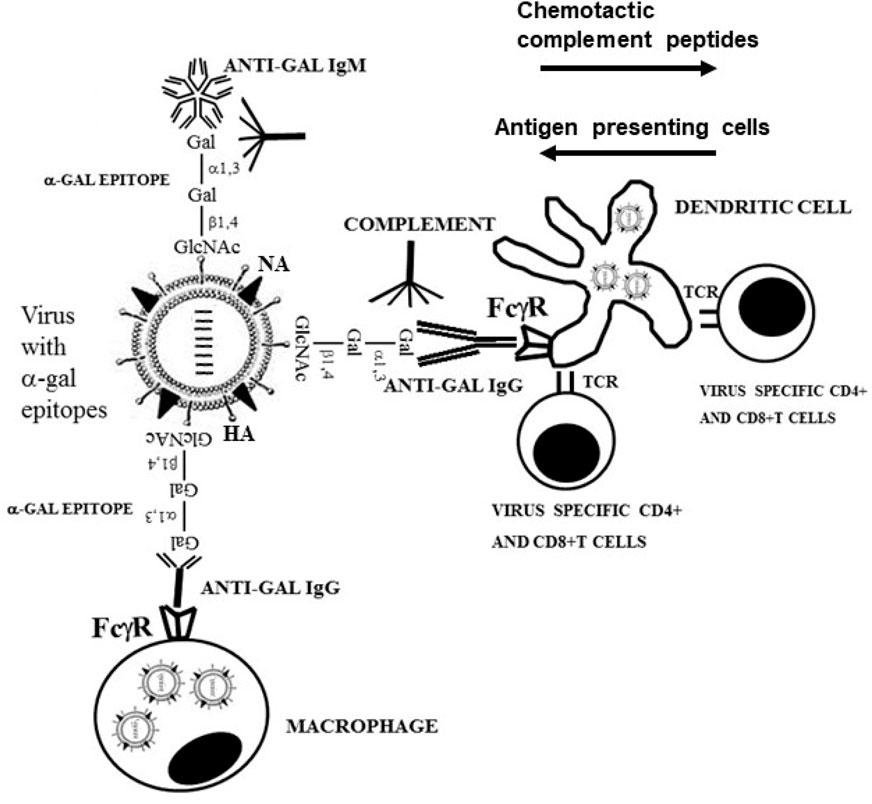
Frontiers Biosynthesis of α-Gal Epitopes (Galα1-3Galβ1-4GlcNAc-R) and Their Unique Potential in Future α-Gal Therapies

Cureus Novel Case Presentation of Abulia After Lone Star Tick Bite As Evidenced by Raised Titers of Alpha-Gal Specific IgM Immunoglobulin and a Possibility of Alpha-Gal Driven Hypothalamic Dysfunction As the

Guillain-Barré syndrome - The Lancet



